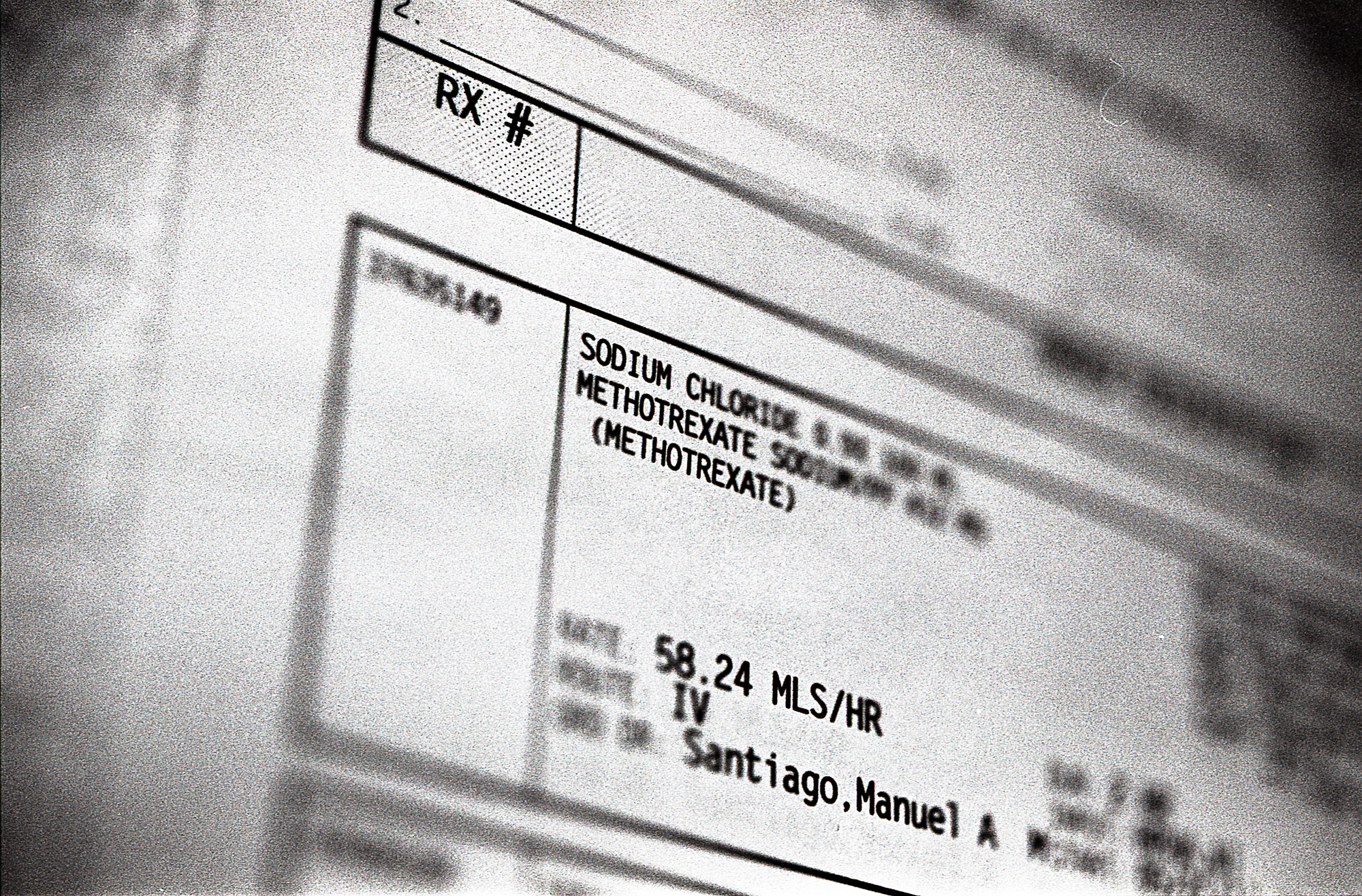Some play’s play all the way through to the end, others have intermissions and begin again. Well loved one’s and friends my intermission ended 11-28-2018 and it is time for act two. We received confirmation that my Leukemia has returned on Wednesday night and I’ll be starting chemo maybe tomorrow or so. This time I feel way more equipped for this battle even though I would much rather not fight to begin with but I will! I will fight it with more ferocity than the first.
Why fight more now... because Zoey understands now. She understands and is way more emotionally connected now and it kills me for her to see me sick or hurting. I have to fight harder because she needs her “Dahdee” and I need my Zozo. I have to fight harder because Z and I just made it to 10 years married and I promised her more... a lot more. I have to fight harder because who else is gonna give Jasmine, Steven, Steven, Tia, Tiandre and Da'Lynn a hard time ( or what I like to call it... the truth). Thank you all and I really appreciate all the love, respect and prayer from last year when I was first diagnosed). I would love to keep that same energy in these coming months. I will definitely keep ya’ll updated on everything.
Some play’s play all the way through to the end, others have intermissions and begin again. Well loved one’s and friends my intermission ended 11-28-2018 and it is time for act two. We received confirmation that my Leukemia has returned on Wednesday night and I’ll be starting chemo maybe tomorrow or so. This time I feel way more equipped for this battle even though I would much rather not fight to begin with but I will! I will fight it with more ferocity than the first. Why fight more now... because Zoey understands now. She understands and is way more emotionally connected now and it kills me for her to see me sick or hurting. I have to fight harder because she needs her “Dahdee” and I need my Zozo. I have to fight harder because Z and I just made it to 10 years married and I promised her more... a lot more. I have to fight harder because who else is gonna give Jasmine, Steven, Steven, Tia, Tiandre and Da'Lynn a hard time ( or what I like to call it... the truth). Thank you all and I really appreciate all the love, respect and prayer from last year when I was first diagnosed). I would love to keep that same energy in these coming months. I will definitely keep ya’ll updated on everything.



